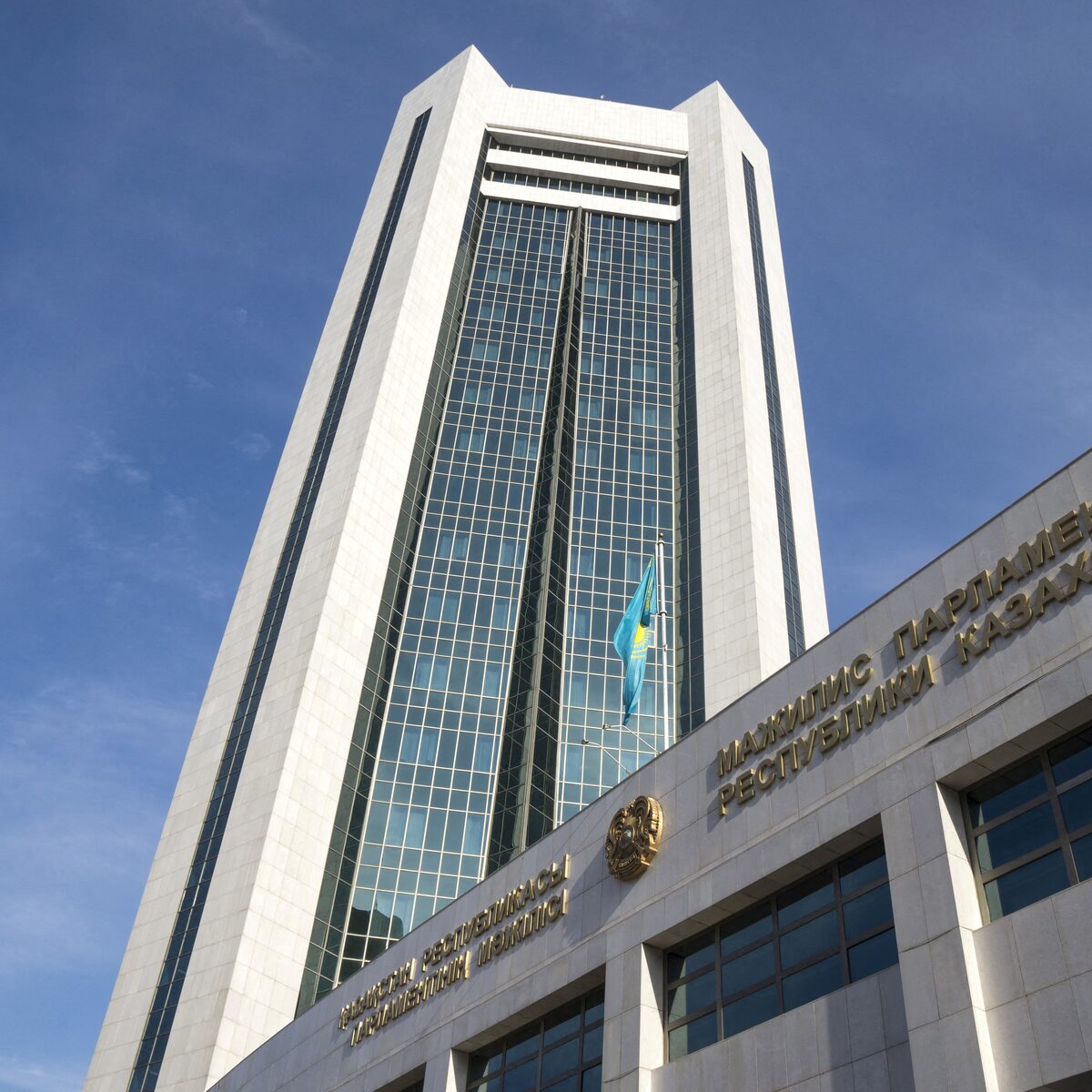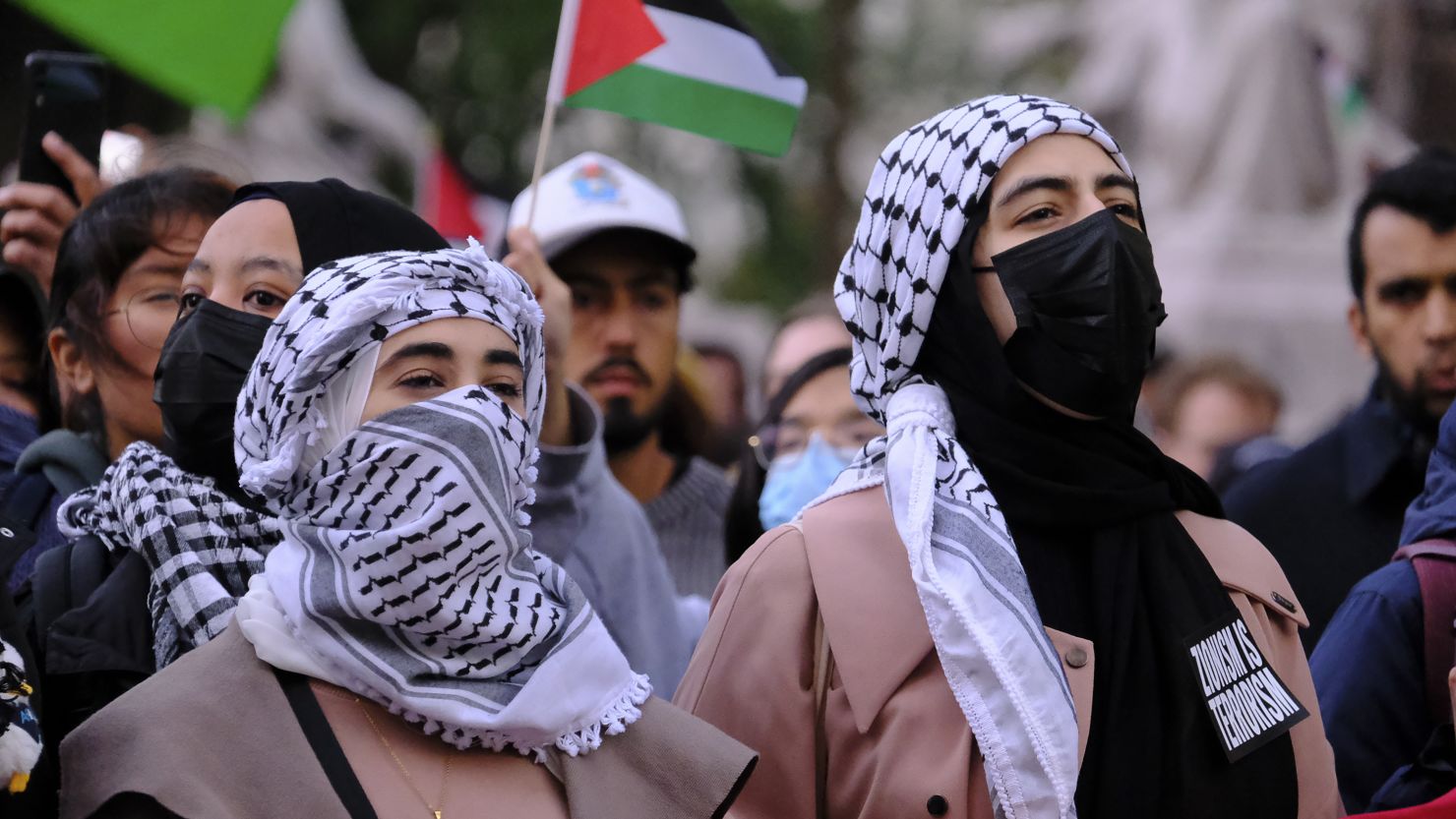Kazakhstan"s President Kassym-Jomart Tokayev has ignited a firestorm of controversy by signing a new law that prohibits face-covering clothing in public spaces. This draconian measure, enacted on June 30, 2025, aligns Kazakhstan with a disturbing trend across Central Asia, where governments are increasingly targeting forms of Islamic dress under the guise of public safety and national identity.
Understanding the Law"s Implications
The law, while ostensibly aimed at enhancing facial recognition capabilities, effectively criminalizes a significant aspect of cultural expression. By banning clothing that "interferes with facial recognition," the Tokayev administration has taken a step that could lead to widespread discrimination against Muslim women, who may wear the hijab or niqab as a part of their religious observance. The legislation does allow exceptions for medical needs and adverse weather conditions, but these exemptions do little to alleviate the broader implications for civil liberties.
Context within Central Asia
This move is not an isolated incident. Countries like Kyrgyzstan and Uzbekistan have already enacted similar bans, with Kyrgyz authorities conducting street patrols to enforce compliance and Uzbekistan imposing hefty fines for violations. The regional trend suggests a coordinated effort to suppress religious expression under the pretext of promoting national culture. This is particularly troubling in a country like Kazakhstan, which boasts a diverse, multiethnic populace, including a majority Muslim demographic. As reported by Euronews, Tokayev himself stated that traditional national attire should be preferred over "face-concealing black robes," framing the law as a celebration of ethnic identity.

Kazakh govt recalls bill on $6 bln UAE energy deal from ...
The Danger of Identity Politics
Tokayev"s rhetoric reveals a broader strategy of identity politics that seeks to reinforce a singular narrative of Kazakh identity, marginalizing those who do not conform. The implications of this are profound. Rather than fostering an inclusive society that embraces its multiethnic composition, the government appears intent on promoting a homogenized cultural identity that could alienate large segments of the population. According to Cabar, this dilemma of national identity has long plagued Kazakhstan, and the current administration"s approach risks exacerbating divisions rather than healing them.
Civil Rights Under Siege
The law"s chilling effect on civil rights cannot be overstated. By criminalizing specific forms of dress, the Tokayev administration is not just infringing on individual freedoms; it is sending a clear message that dissenting cultural expressions will not be tolerated. This mirrors patterns seen in authoritarian regimes where the state seeks to control personal identity as a means of maintaining power. The danger lies in the potential for further crackdowns on freedoms of expression and association. As reported by iPKO biznes, such sweeping legislation often precedes more stringent measures against political opposition and civil society organizations, which are critical in any democratic society.

Pro-Palestinian protesters snarl Manhattan traffic and limit Grand ...
The Role of International Community
The international community must take heed of these developments and respond appropriately. The United Nations and various human rights organizations have a responsibility to condemn these actions and support the voices of those who are marginalized by such laws. The situation in Kazakhstan serves as a stark reminder of the fragility of civil rights in the face of populist nationalism. The ongoing global struggle for civil liberties is mirrored in these local contexts, and solidarity with those fighting for their rights is essential.



![[Video] Gunfire between Iraqi security forces and Sadr militias in Baghdad](/_next/image?url=%2Fapi%2Fimage%2Fthumbnails%2Fthumbnail-1768343508874-4redb-thumbnail.jpg&w=3840&q=75)
